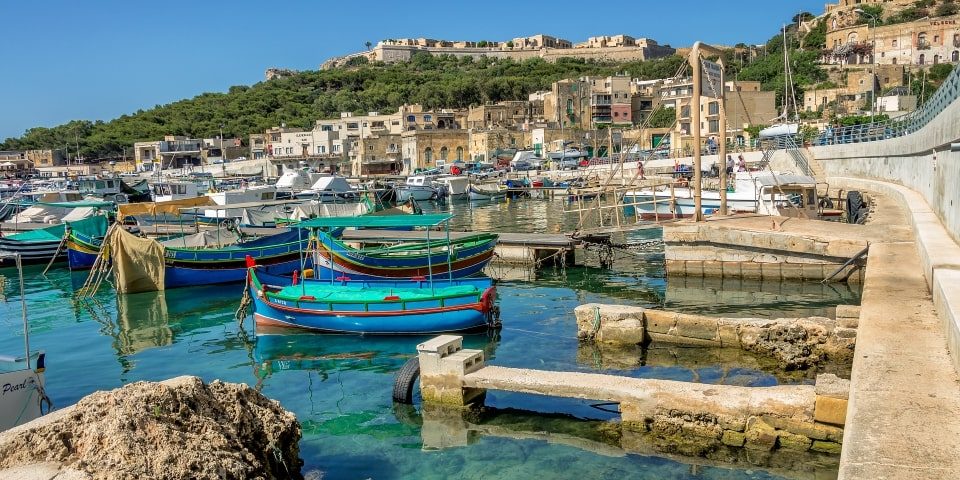As discussed before, relocation to Malta has numerous advantages. Not just for companies but for individuals as well. But to truly understand the tax advantages of an individual, we have to look at their residence status. The tax liability of individuals depends on their residence, ordinary residence and domicile.
Residence
Resident individuals are those who permanently reside in Malta. An exception is such a temporary absences that the Commissioner of Inland Revenue may deem reasonable. In practice, a person is a resident in Malta if he/she stays for a minimum of 183 days in Malta in one calendar year.
Ordinary Residence
The Maltese tax law doesn’t define the term ordinary residence. However, one could say that there are three attributes to ordinary residence; a voluntarily taken up residence, a residence that is taken up for a settled purpose and one which forms part of the regular order of one’s life.
Domicile
An individual is domiciled in the country where he/she has his/her permanent home. It is the place the person has most connections to and determines the way he/she conducts his/her lifestyle.
Tax Benefits of Ordinary Residence
Individuals who are both ordinarily resident and domiciled in Malta are taxable in Malta on their:
- worldwide income and
- certain capital gains.
Individuals who are either ordinarily resident or domiciled in Malta, are subject to tax in Malta on:
- income arising in Malta;
- on certain capital gains arising in Malta and;
- on income arising outside Malta which is received or remitted to Malta.
Such persons are not taxable on any capital gains arising outside Malta, whether received in Malta or not.
If you would like to benefit from the above scheme, don’t hesitate to contact us! We provide tailor made advice and assistance to our clients to take up residence in Malta. Learn more about our services in the Immigration section.





